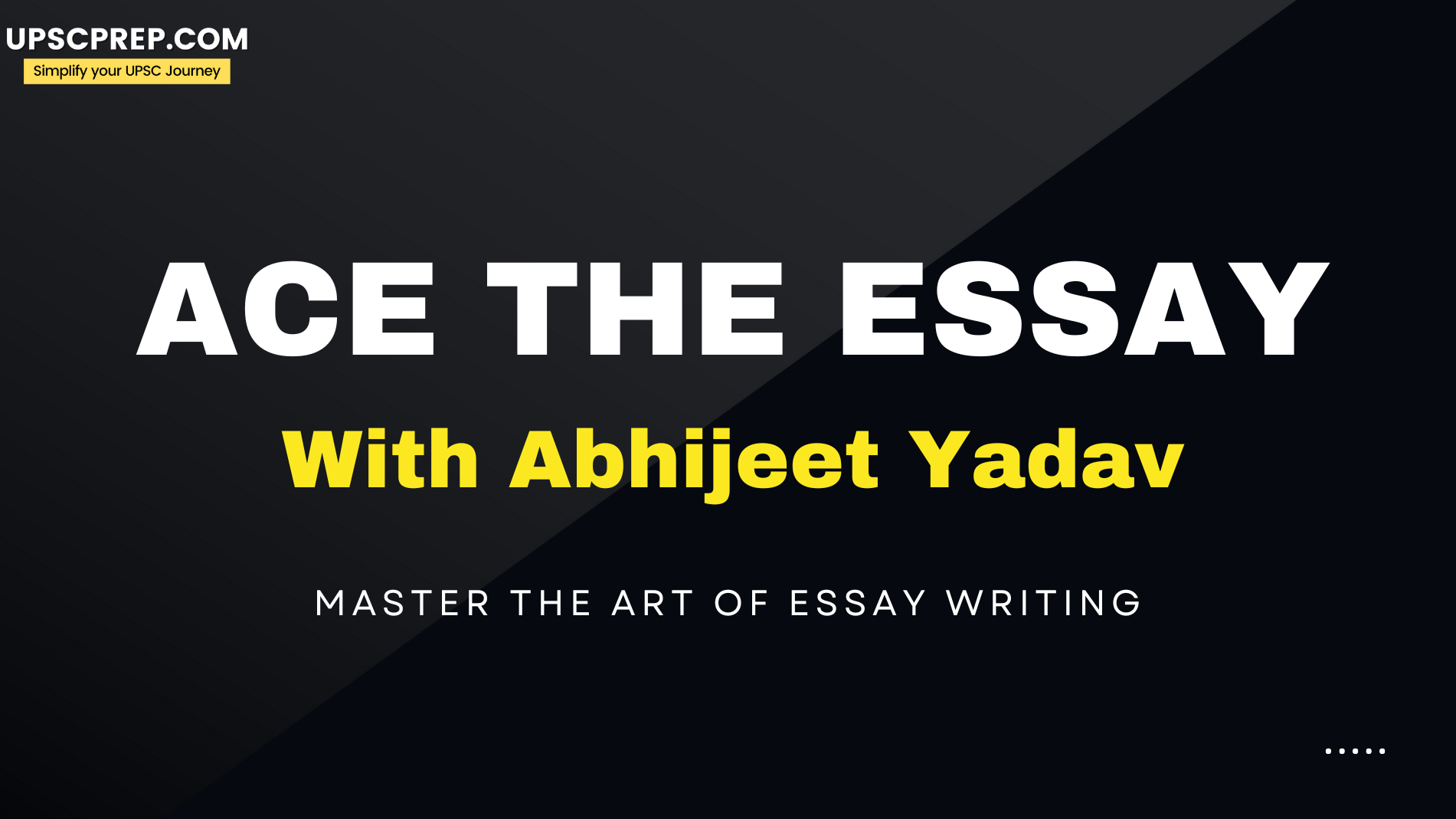Subject: GS 2
Syllabus: Parliament and State Legislatures - structure, functioning, conduct of business, powers & privileges and issues arising out of these.
Questions
- Parliament has witnessed less productivity and more disruptions in recent times which strikes at the root of deliberative democracy. Discuss steps to be taken to reduce disruptions. (150 Words, 10 Marks)
- Parliamentary privileges are a prerequisite for members of parliament and legislative assemblies to discharge their functions. Discuss. (150 Words, 10 Marks)
Model Structure
1. Parliament has witnessed less productivity and more disruptions in recent times which strikes at the root of deliberative democracy. Discuss steps to be taken to reduce disruptions. (150 Words, 10 Marks)
Model Structure
Introduction
- As per data released by PRS legislative research, 16% of working time of the 16th Lok Sabha was lost due to disruptions. The current lok sabha is also witnessing frequent disruptions which not only impacts the legislative business but also weakens parliamentary control over the executive.
Main Body
- In this context, the following measures need to be taken for preventing disruption of parliament-
- Amendments in the Anti-Defection law because party whip makes members act in union which results in frequent walkouts and disruptions.
- Parliament (Enhancement of Productivity) Bill, 2017 must be reintroduced and passed so that minimum days are fixed for parliament to stay in session.
- Code of Conduct- Though there is code of conduct for Lok Sabha MPs since 1952, it is hardly implemented and also needs to be updated with changing times.
- Salaries of the members can be linked to their attendance for better productivity.
- Less recourse to delegated legislation and more deliberative work by pre legislative scrutiny (Parliamentary Standing Committees) and taking public opinion which will help build broad consensus.
- There can be innovative measures like the concept of opposition days in the UK parliament in which the opposition sets agenda for Parliamentary discussion.
- Another innovative measure can be Parliament Disruption Index which was suggested by Rajya Sabha Deputy Chairperson Harivansh Narayan Singh to keep a tab on disruptions in Parliament and state legislatures.
- NCRWC recommended that Lok Sabha should meet for 120 and Rajya Sabha for 100 days every year, and state assemblies for 90 days.
Conclusion
- Parliamentarians carry public mandate and it is their duty to deliberate and implement laws which are in favor of the public. But frequent disruptions and subversion of discussions strike at the root of parliamentary democracy. Thus more efforts must be taken to bring consensus and avoid unnecessary parliamentary disruption.
2. Parliamentary privileges are a prerequisite for members of parliament and legislative assemblies to discharge their functions. Discuss. (150 Words, 10 Marks)
Model Structure
Introduction
- Parliamentary privileges are some codified and uncodified rights and immunities enjoyed by members of houses at both center and state level which enables them to discharge their functions effectively and efficiently.
Main Body
- There are many sources of these privileges like constitution under article 105 and 194, conventions, acts and rules of house. Some of these privileges include-
- Freedom of speech as no member can be questioned for anything said within the house and if they are part of any committee.
- Freedom from arrest in civil cases, during sittings of the house and 40 days before and after the adjournment of house.
- They are also exempt to be present as witnesses.
- Right to prevent the media or press from publishing its proceedings by conducting them in secret. Also, the house can punish anyone guilty of contempt of the house.
- All the above mentioned privileges are very significant in functioning of parliament and legislatures because-
- They help ensure and maintain dignity and authority of the houses by ensuring rules are followed and external influences are eliminated.
- There is less influence of vested interests, especially those who try to influence decision making from outside and ensure independence and effectiveness of the actions.
- These privileges also protect members from any targeted agenda by rivals.
- Parliamentary productivity is very important to ensure all business is conducted with due deliberation. Privileges play an important role in ensuring this.
Conclusion
- Though privileges are important, they are misused many times which makes it necessary to codify them and give priority to citizens' right to free speech over legislative privileges.

Ace the Essay (With Abhijeet Yadav Sir)
A comprehensive course to MASTER the ART AND CRAFT OF ESSAY WRITING
